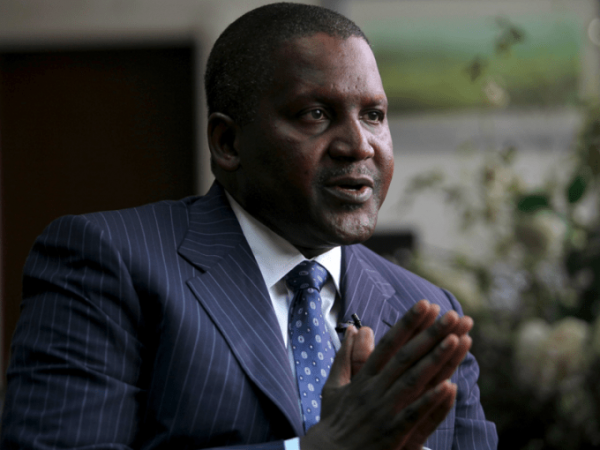Russia-Ukraine War, Covid-19 Hampered Effectiveness Of Monetary Policy Regime –Emefiele

Central Bank Governor, Godwin Emefiele, has said the apex bank is working on improving monetary policies suited for present realities of Nigeria’s economy.
Emefiele said the effective of the CBN monetary policy initiatives over the past few years had been hampered by global financial crisis, including the COVID-19 pandemic, Russia-Ukraine war and global inflation.
The CBN boss who stated this during the 2022 Monetary Policy Committee (MPC) strategic retreat in Lagos on Friday, with the theme, Monetary Policy Implementation In a digitally evolving economy, said the retreat became imperative due to the increasing challenges confronting monetary policy formulation and implementation in digital finance in Nigeria.
He assured that the apex bank would continue to address the increasing challenges confronting monetary policy formulation and implementation in Nigeria as this will facilitate access to a diverse range of financial products and credit facilities for individuals and small, medium, and large enterprises.
According to the governor, stagflation is confronting the global economy as there is almost a near consensus on the potential of digital finance in boosting growth performance amid the challenges.
“While the innovations come with lot of risks and uncertainties for the sectors, they also have many benefits for positive economic transformation and particularly, financial inclusion which has been the principal catalyst for inclusive growth, poverty reduction and employment generation. Digital financial services are reputed to have created 95 million job opportunities and boosted the GDP of emerging economies by six per cent.
Digital finance supports greater financial inclusion by making possible the extension of financial services to non-financial sectors, and to individuals with minimal access to smart electronic device,” he asserted.
According to him, the central banking and monetary policy relevance in the digital ecosystem is sometime challenged as the regulatory oversight functions are largely eroded or weakened by impotency of traditional tools in carrying out those functions.







